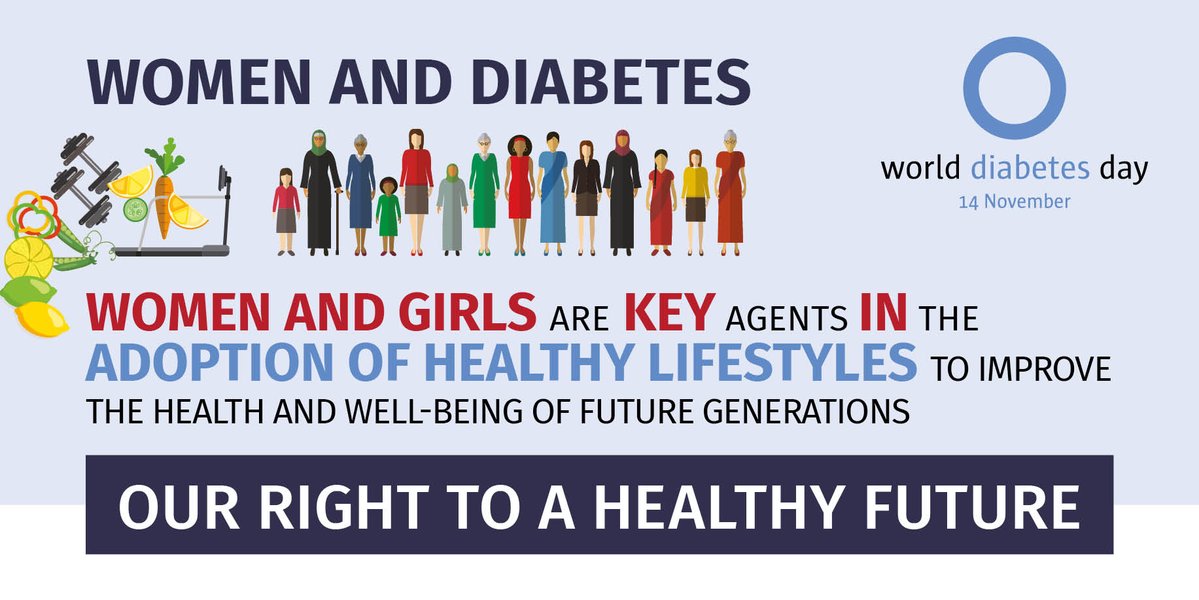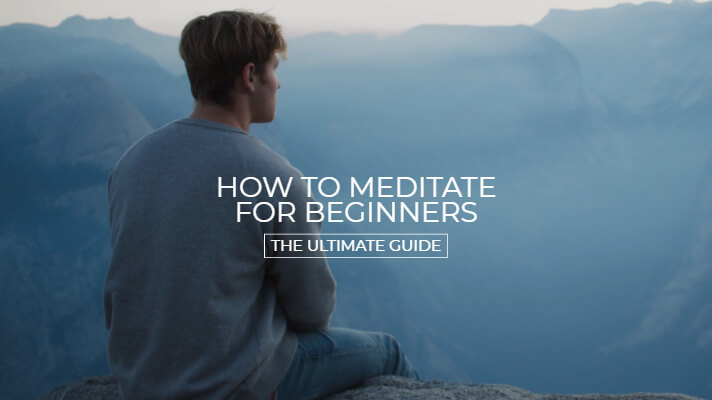Good every day habits can create a big difference for your general health and life.
In this post, we are going to share 10 healthy daily habits that will change your life in many different ways. These habits will also help in physical, emotional, and brain health.
Drink water in the morning
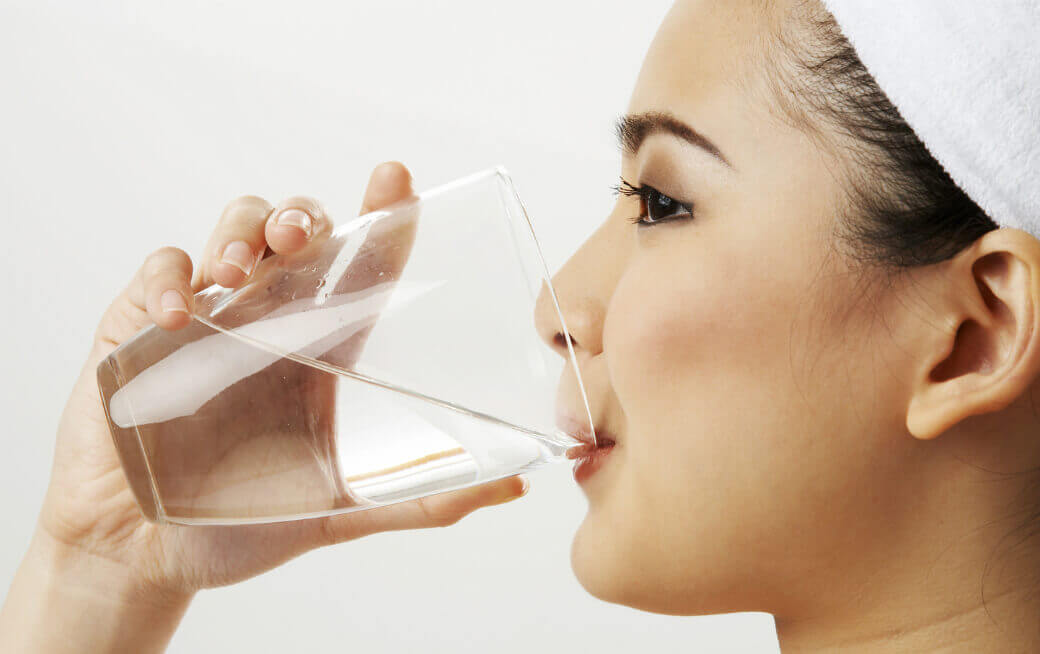
Well, as soon as you get up, you don’t have to drink. First, brush your teeth, go to the bathroom and then have a glass of water. This will enhance your energy levels in the morning.
When you are sleeping, you are not drinking water. And when you wake up, you can be mildly dehydrated. This dehydration will increase your fatigue levels. So starting your morning with enough hydration is a good thing to do.
Drink a glass of filtered water. You can also add lemon to it. Water should be at room temperature but if you like warm, that can work too.
Sources-
How Does Mild Dehydration Affect the Body? – by – NewsMedical
7 Science-Based Health Benefits of Drinking Enough Water – by – Healthline
Mild dehydration impairs cognitive performance and mood of men – by – NCBI
Why top executives swear by a 30-second morning habit anyone can adopt – by – BuisnessInsider
Even Mild Dehydration Can Alter Mood – by – Uconn
Dehydration: When Should I Really Worry? – by – UTAH
Meditate for 10 minutes
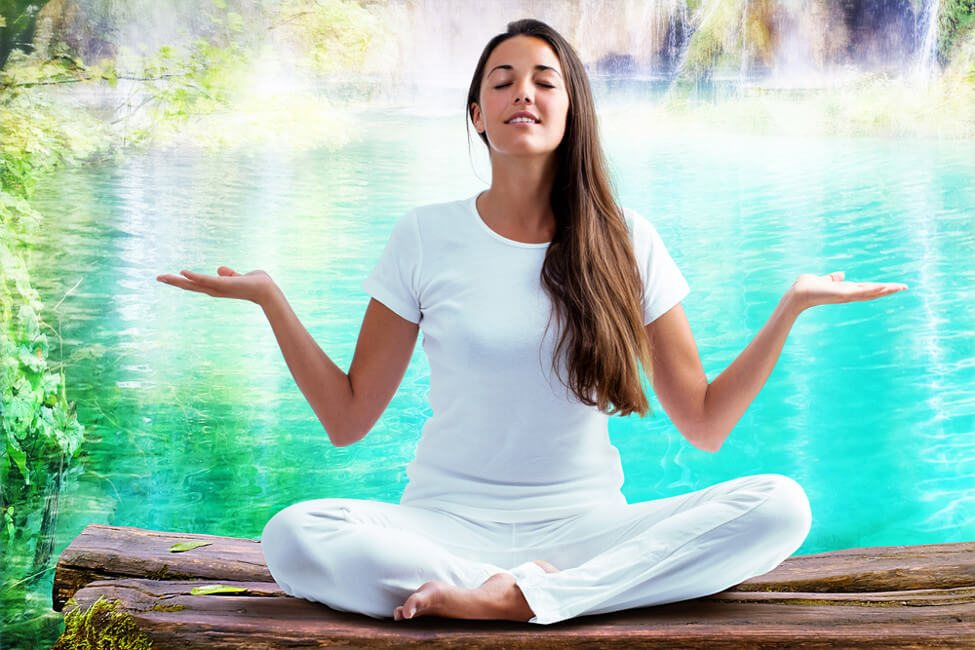
When you first start doing meditation, you will be skeptical about it. But there are some scientific benefits. It can do things like decreasing anxiety, improving immune function, reducing pain. There are many other things it can do. For me, the biggest change is mental clarity and I feel much calmer.
If you’re a beginner, meditation can seem very daunting and we have 2 tips to provide:
- In the beginning, be open about meditation. The first 10 – 15 sessions will be very difficult and you will feel demotivated. That’s why many people don’t do meditation. But after 20 – 25 sessions, you really got into it and will see the benefits. Just give time to it.
- If you don’t know how to meditate, you just start doing a guided meditation. Guided meditation can really help you stay on track and can really guide you through the process. There are several applications for meditation like calm, headspace, etc.
Sources-
Alterations in brain and immune function produced by mindfulness meditation.
The Effects of Stress and Meditation on the Immune System, Human Microbiota, and Epigenetics.
Do brisk walk every day
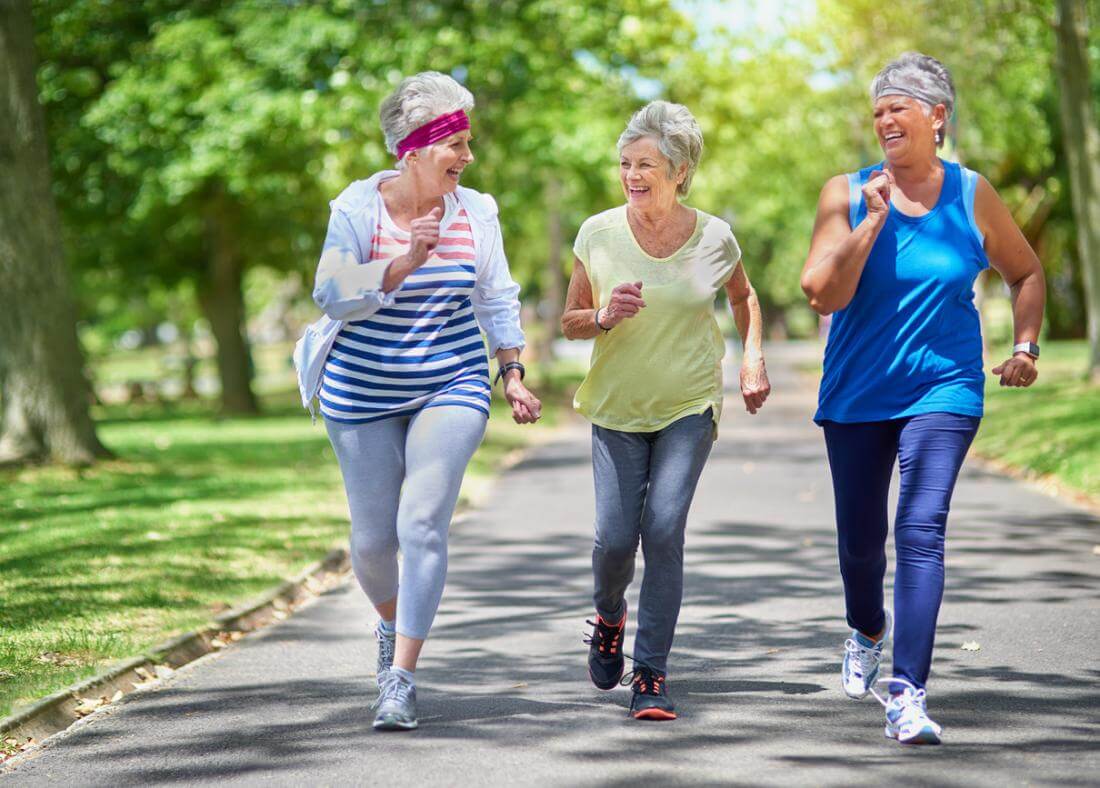
Try to get outside. Get some fresh air, sunlight, greenery which will boost your mood. There are studies that show that exposure to greenery is good for your health.
If you don’t love the gym, then start making your walks into exercise. The World Health Organization recommends that we get about 150 minutes of moderate cardiovascular activity week or 75 minutes of cardiovascular activity.
A walk can count if your heart rate is high enough. So when you’re walking, you should test your heart rate. Download any application which shows your heart rate. Your heart usually between the moderate and thicker zone. So that’s how you get 150 minutes of exercise per week through the walk.
Sources-
Living Close To Trees May Help You Live Longer: Study – by – Huffpost
Study: Plants May Help Women Live Longer – by – LearningEnglish
Morbidity is related to a green living environment – by – NCBI
What Green Spaces Can Do to Your Mood – by – Time
15 minutes of other exercises

For cardiovascular exercise, brisk walking or jogging is fantastic. But there should be more to a well-rounded exercise regime than just cardio. You can include weight training and yoga.
The World Health Organization recommends that the average adult do at least two sessions a week. As you are getting older you will start losing muscle mass and bone density which is normal. But if you want to slow down this process, you start doing weight training.
If you are beginner, you should speak to a professional. This will lower the risk of injury. And if you hate going to the gym, then just learn the proper techniques and start doing exercise home.
Sources-
How to Fight Sarcopenia (Muscle Loss Due to Aging) – by – Healthline
Osteoporosis: Peak Bone Mass in Women – by – NIH
Muscle training for bone strength. – by – NCBI
Eat something green

Most people find very hard to eat greens. But you have to understand that they are very dense in nutrients. Eat a variety of greens which will provide a variety of vitamins and minerals. This will make your skin more glowing.
If you are someone, who finds difficulty in eating greens. Then we will suggest that you should drink green smoothies which is the best way to add greens in your diet.
Sources-
Defining Powerhouse Fruits and Vegetables: A Nutrient Density Approach – by – CDC
Eat 2-3 servings of fruits/veggies
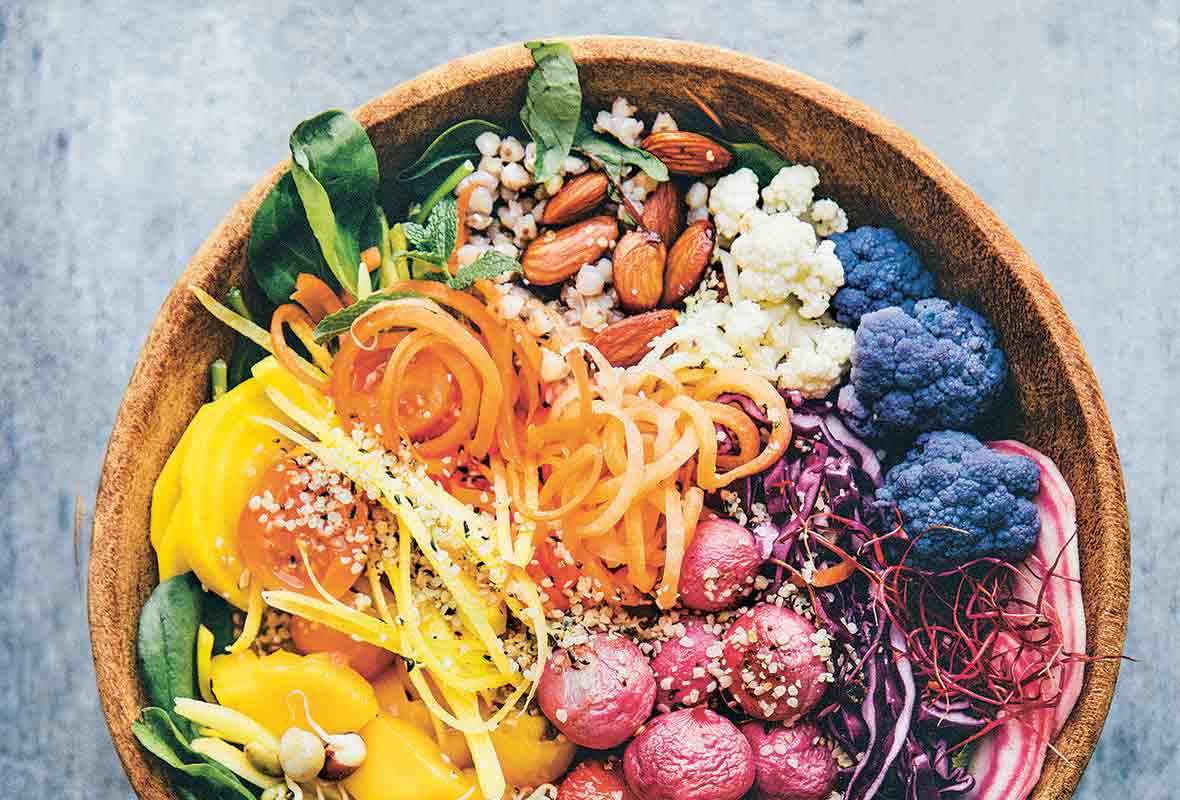
Well, you may have heard of the term “eat the rainbow“. This basically suggests eating fruits and veggies from different colors. Different colors mean they have different phytochemicals which mean they have different health properties.
Different phytochemicals can help with cancer, liver or metabolism. There are different reasons to have those phytochemicals and it’s a good idea to get a variety. So just try to eat a minimum of 2 servings per day.
Sources-
Make the Holiday Spirit Bright with a Multicolored Meal – by – Healthline
Lycopene and Risk of Prostate Cancer: A Systematic Review and Meta-Analysis. – by – NCBI
The power of the phytochemical – by – PrecisionNutrition
Listen relaxing music
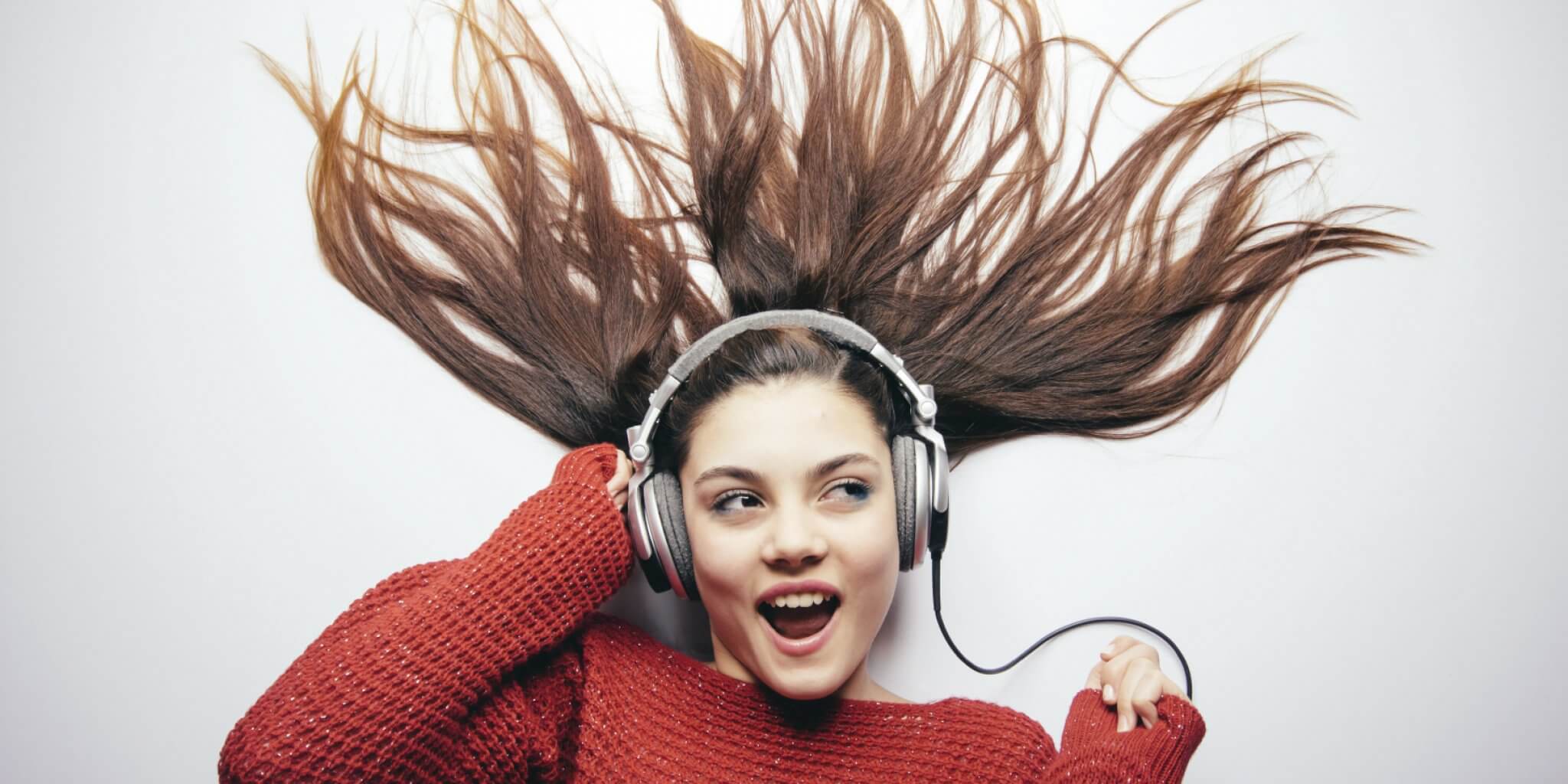
Music has many different health benefits. The science is still emerging. Listening to nature sounds or soft music can help in reducing stress hormone called “cortisol“.
You should try to listen to music like flutes, nature sounds, waterfall, etc. Those are all really nice to listen to at the end of the day. This will also help in better sleep.
Sources-
Does Playing Music Reduce Stress? – by – askaBIOLOGIST
Music for insomnia in adults. – by – NCBI
11 Natural Ways to Lower Your Cortisol Levels – by – Healthline
Learn something new
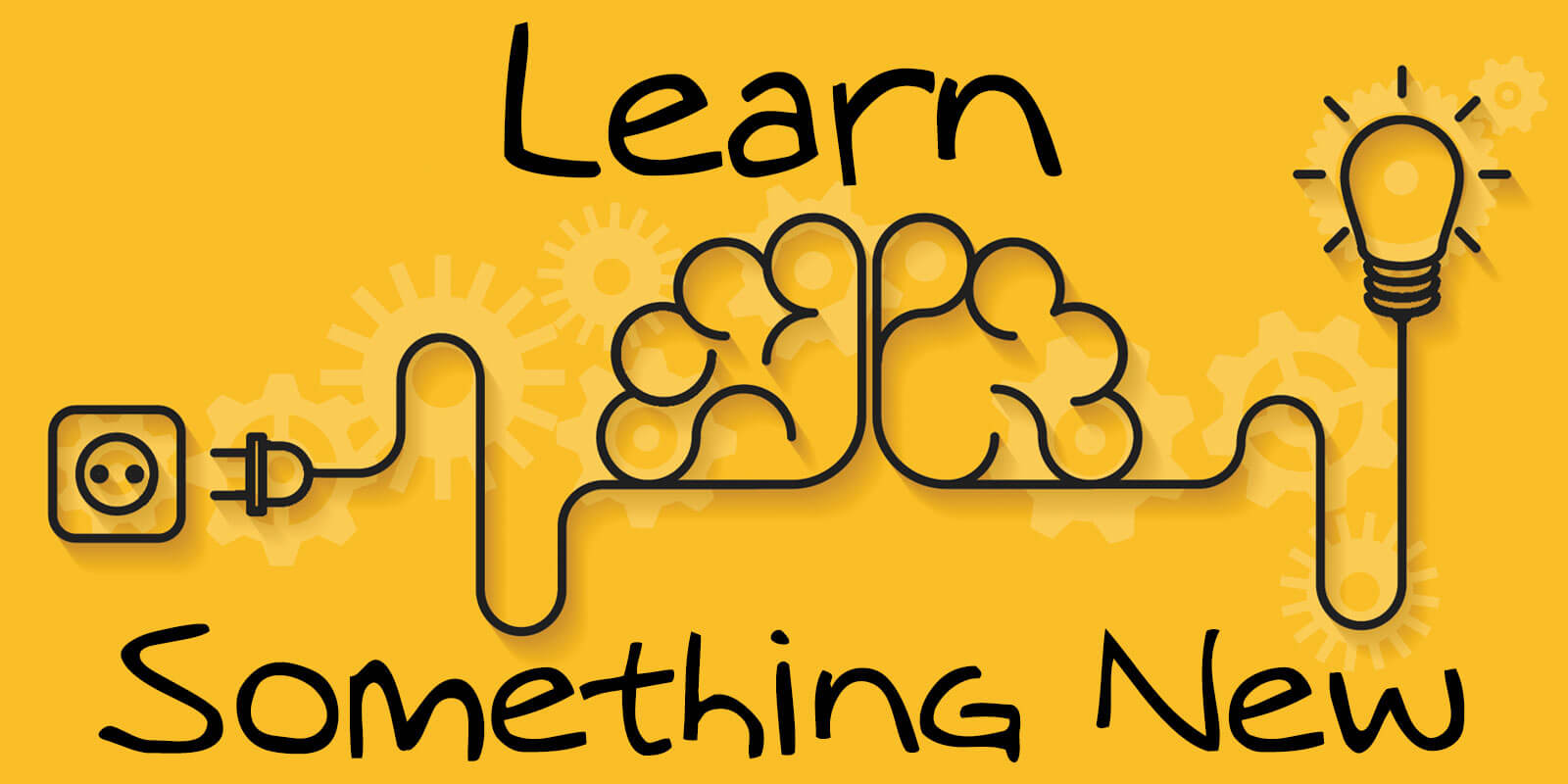
Personally, I love to do this because it’s something that I truly enjoy. There are other benefits to it especially when it comes to brain health. As you age, there is a natural decline in our memories. To slow down this, you should start reading books or learn something new.
Sources-
8 Science-Backed Reasons to Read a (Real) Book – by – RealSimple
Back to school: Learning a new skill can slow cognitive aging – by – HarvardHealth
Lifetime of Reading Slows Cognitive Decline – by – PacificStandard
An Active Brain Throughout Life Slows Cognitive Decline – by – Medscape
Spend quality time with a loved one
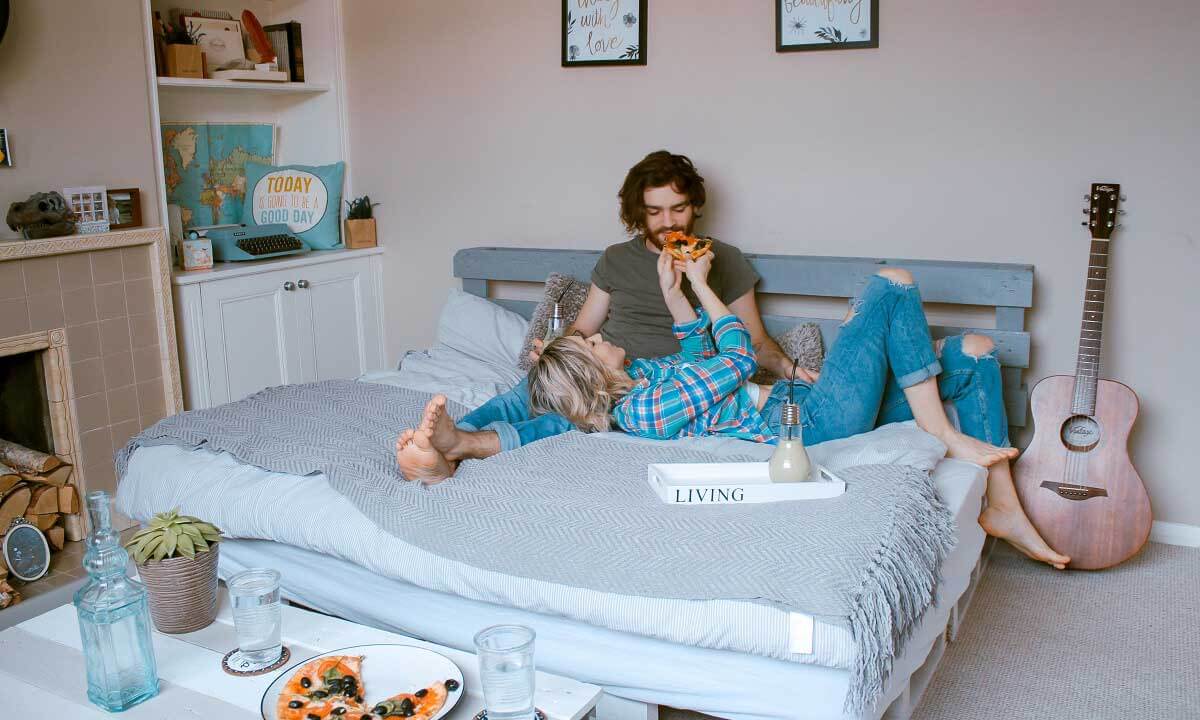
Most people spend time with their loved ones. But they are not properly engaged. They are not really talking to each other because of the digital age.
When you meet them next, ignore phones and properly talk to them. This will make feel more connected. And also it can help in reducing stress.
Sources-
7 Health Benefits Of Cuddling, According To Science – by – Bustle
Turn the phone off an hour before bed
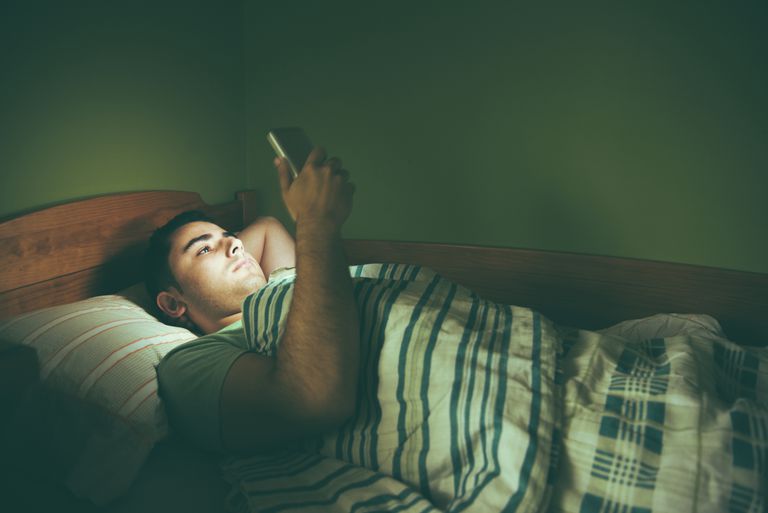
If you use the phone before bed, you will found very difficult to sleep. Because your brain was all over the place it was very mentally stimulated.
Phones also emit something known as blue light. And that blue light is something that your brain thinks is daylight. So when you’re on your phone and that blue light is going to your brain, your brain thinks it’s not time to sleep. So it won’t produce melatonin very well and it becomes harder to sleep.

